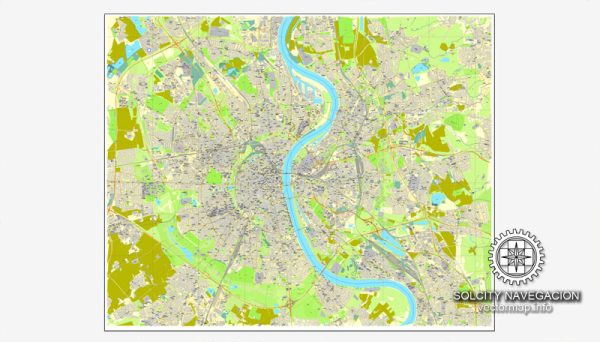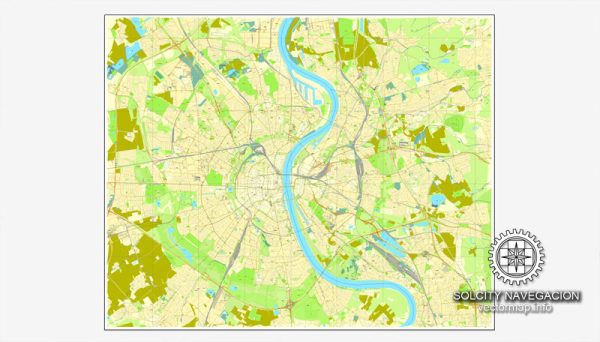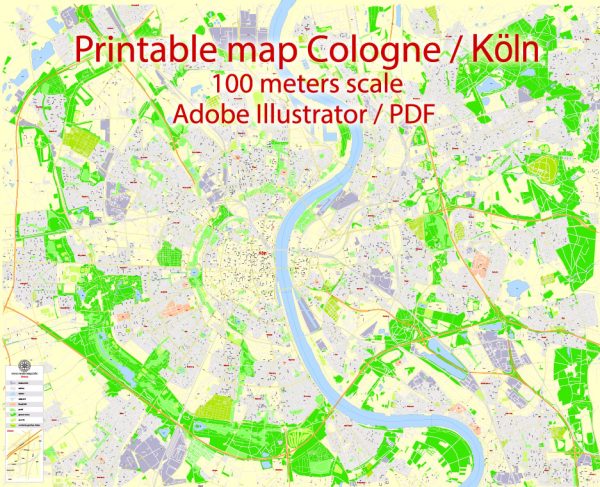The history of Cologne, Germany, is a long and storied one, dating back over 2,000 years. Here is a brief overview of the city’s history of creation:
- Roman Era: Cologne, known as “Colonia Claudia Ara Agrippinensium” in Latin, was founded by the Romans in 50 AD under the rule of the Roman general Agrippa. It was established as a Roman colony and served as a military outpost and a center of trade on the Rhine River.
- Medieval Period: After the fall of the Roman Empire, Cologne became an important ecclesiastical center. It was the seat of an archbishop and played a significant role in the spread of Christianity in the region. The city was also a prominent member of the Hanseatic League, a medieval trading association.
- The Holy Roman Empire: Cologne was part of the Holy Roman Empire for much of the medieval period. The city became a thriving commercial and cultural hub, known for its cathedral, which took centuries to complete and is now a UNESCO World Heritage Site.
- Modern History: In the 19th century, Cologne underwent industrialization and became a major industrial and economic center in Germany. The city’s strategic location on the Rhine River contributed to its growth and development.
- World War II: During World War II, Cologne suffered extensive damage due to Allied bombing raids. The city was almost entirely destroyed, including its historic center and the famous Cologne Cathedral. After the war, significant efforts were made to rebuild the city.
- Post-War Era: After the war, Cologne became part of West Germany, and it played a significant role in the economic recovery of the country. The city grew as a hub for media, commerce, and cultural events.
- Contemporary Cologne: Today, Cologne is one of Germany’s largest cities and a major cultural, economic, and transportation hub. It is known for its vibrant arts scene, historic architecture, and the iconic Cologne Cathedral, which has been meticulously restored.
Cologne’s history is rich and varied, with influences from the Roman, medieval, and modern eras contributing to its unique character and cultural heritage. It remains an important city in Germany and Europe.




 Author: Kirill Shrayber, Ph.D. FRGS
Author: Kirill Shrayber, Ph.D. FRGS